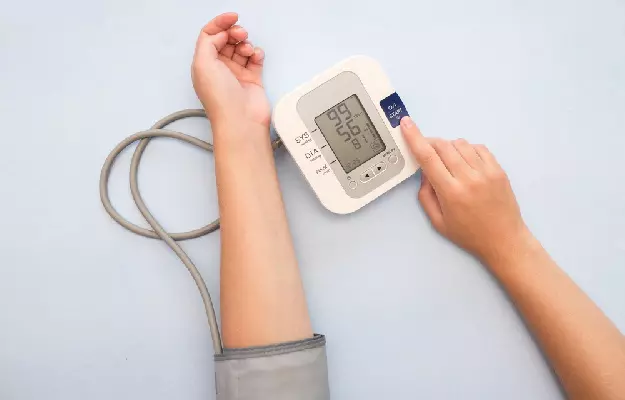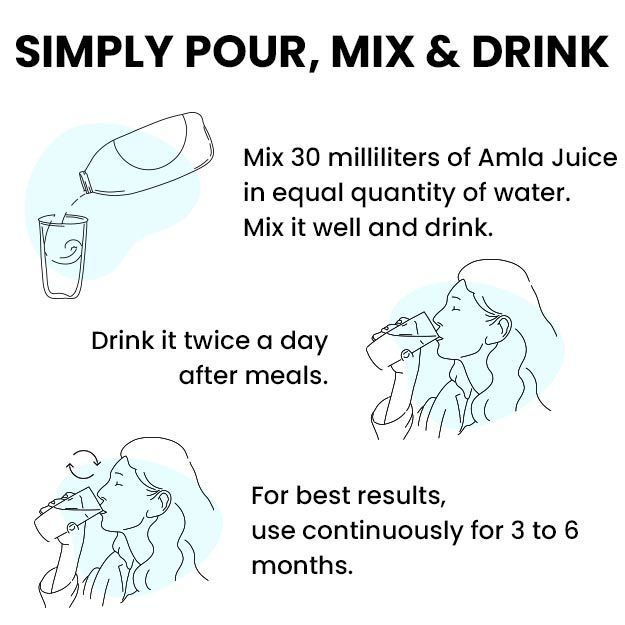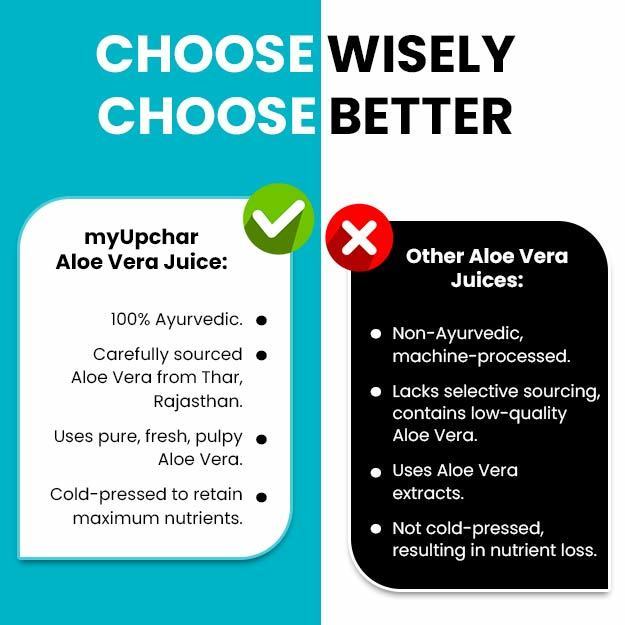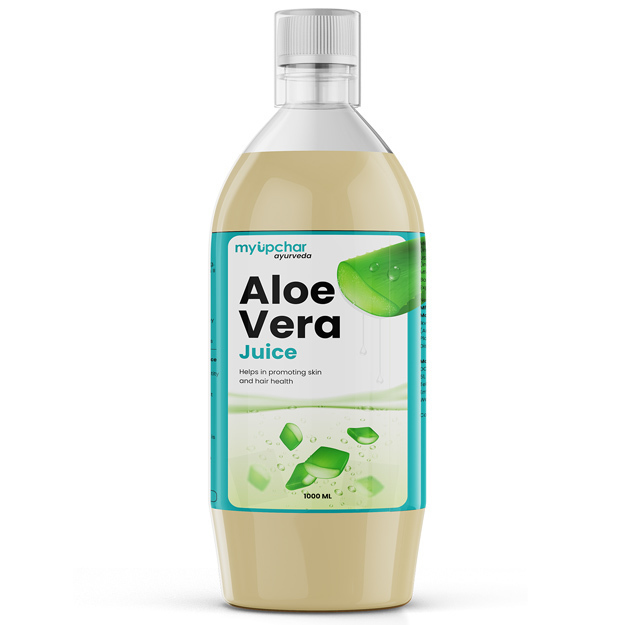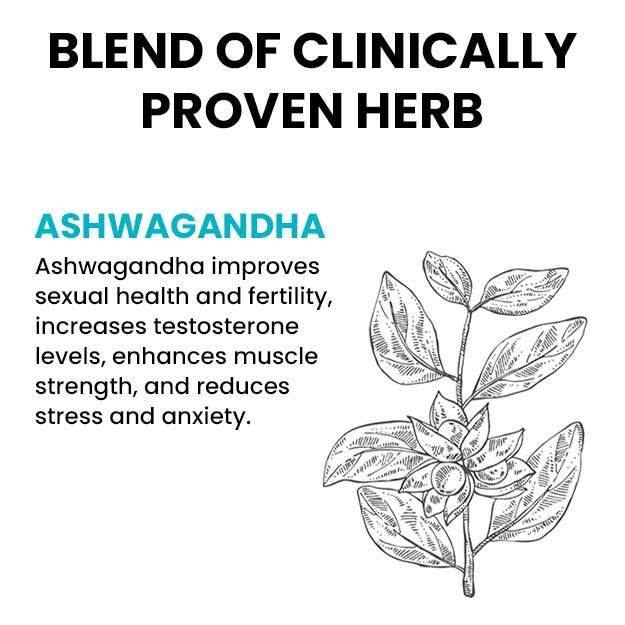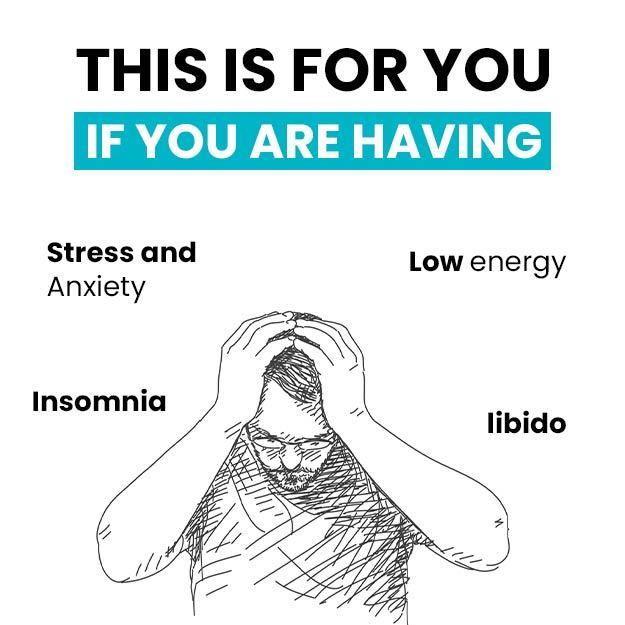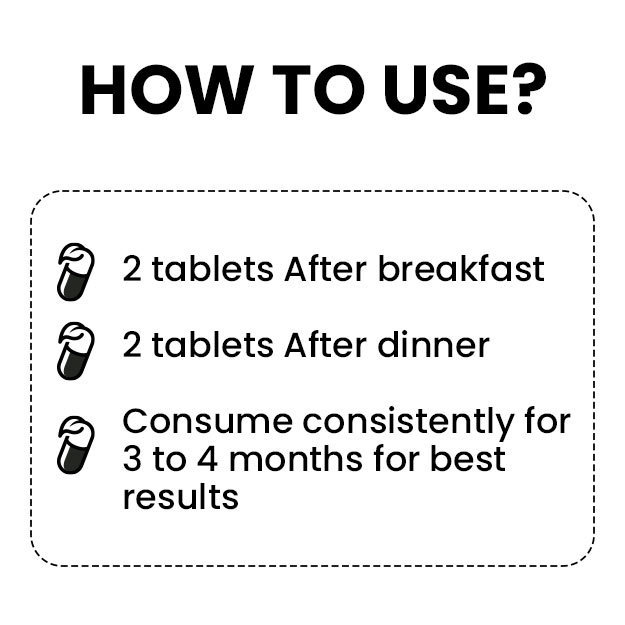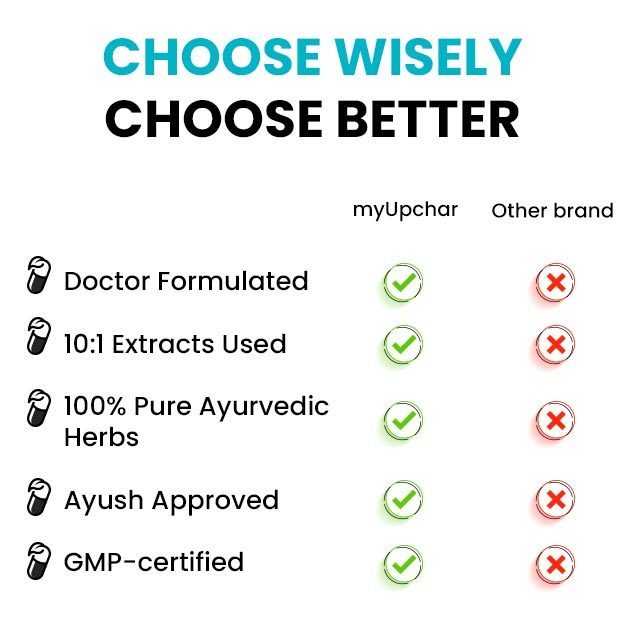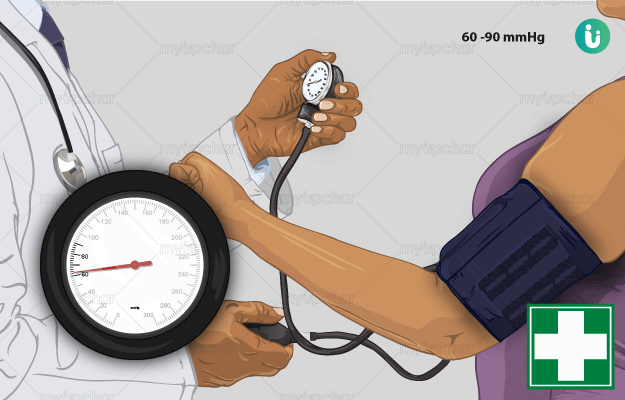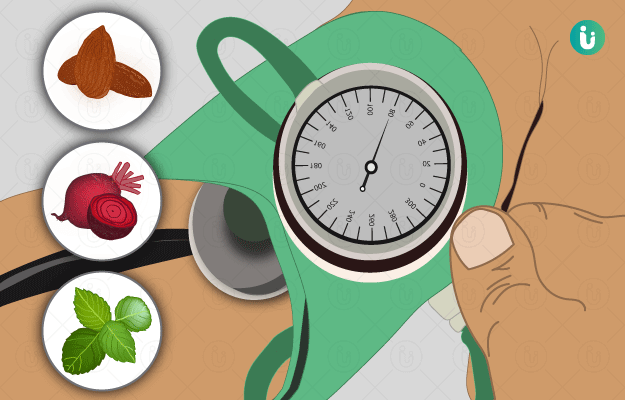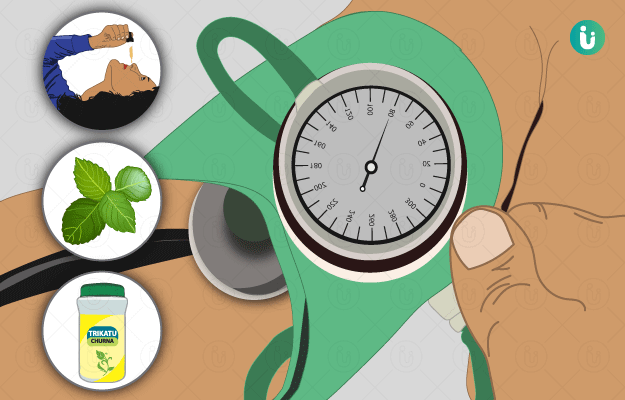Low diastolic blood pressure may occur due to intake of certain medications or aging. If your blood pressure is always low, you may also have low diastolic blood pressure.
The medical term for low blood pressure is hypotension. If you have hypotension, your systolic pressure measurement is less than 90 millimeters of mercury (mm Hg) and your diastolic number is less than 60 mm Hg. Some people may have low diastolic pressure even when systolic pressure returns to normal. This condition is called diastolic hypotension.
Unlike the rest of your body, which receives blood when your heart pumps, the heart muscle receives blood when your heart relaxes. If diastolic blood pressure is too low, your heart muscle will not be able to get enough oxygen-rich blood. This can cause the heart to weaken, a condition called diastolic heart failure.
Read more - (How does high blood pressure affect the body?)
- What Is Blood Pressure?
- Causes and Treatment of Low Diastolic Blood Pressure
- Symptoms of Low Diastolic Blood Pressure
- Complications of Low Diastolic Blood Pressure
- Prevention and Management of Low Diastolic Blood Pressure
- Summary
What Is Blood Pressure?
Blood pressure is the force exerted inside your blood vessels as the heart beats and stops. This force is measured in mm Hg and is represented as two numbers. The upper number, called your systolic pressure, is measured when the heart beats. The lower number, called your diastolic pressure, is measured when the heart rests between beats.
Causes and Treatment of Low Diastolic Blood Pressure
Taking certain medications and aging can cause low diastolic blood pressure. Low diastolic blood pressure can occur even if you have normally low blood pressure (hypotension). Treatment of low diastolic blood pressure depends largely on the type of hypotension.
Read more - (What to Do and not to do in High Blood Pressure)
Causes of Low Diastolic Blood Pressure
- Medicines
Alpha-blocker medications are blood pressure medications that work to open or dilate blood vessels. Because they reduce diastolic pressure more than systolic pressure, they can cause diastolic hypotension. If you are taking an alpha-blocker and your diastolic blood pressure is low, the doctor may prescribe a different high blood pressure medication.
-
Due to Aging
As we age, our arteries lose elasticity. In some older adults, the arteries become so stiff that they cannot relax between heartbeats, causing diastolic blood pressure to drop. If your diastolic pressure is low and you are not taking blood pressure medication, your only option may be to check with your doctor frequently and take care of your heart health.
-
Low Blood Pressure
There are several common causes of hypotension, including a low diastolic number. Treatment of general hypotension depends on the cause. For some people, especially those over 60, lowering systolic blood pressure below 120 with medication can bring diastolic pressure below 60.
Overtreatment of high blood pressure can be controlled by adjusting or changing medications. The goal is to keep diastolic blood pressure between 60 and 90 mm Hg.
Read more - (What You Need to Know About High Blood Pressure)
Apart from blood pressure, many medicines can cause hypotension like -
- diuretic drugs
-
Parkinson's disease medications
-
antidepressant
-
Medicines used to treat erectile dysfunction
-
Heart Conditions
Some heart problems can cause hypotension. These may include:
- heart valve problem
-
heart failure
-
very slow heart rate (bradycardia)
If you have any such problem then consult your doctor.
- Dehydration
Dehydration can also cause hypotension. If you don't drink enough fluids, your blood pressure can drop dangerously low. This may happen if you are taking diuretic medications.
Some people may experience low blood pressure due to the following reasons:
- nerve-mediated hypotension
-
A change in position, such as lying down or sitting and then standing up, which may temporarily lower blood pressure
-
alcohol use, especially while taking certain medications
-
pregnancy
-
blood loss
Read more - (How to measure blood pressure and precautions?)
Symptoms of Low Diastolic Blood Pressure
Symptoms of isolated diastolic hypotension include:
- Tiredness
-
Fall
Because low diastolic pressure reduces blood flow to the heart, you may have chest pain or even symptoms of heart failure, including:
- difficulty breathing
-
swelling in your feet or ankles
Read more - (Difference between systolic and diastolic pressure)
Symptoms of Hypotension
If you have low systolic blood pressure (hypotension) as well as low diastolic blood pressure, you may experience additional symptoms. Symptoms of hypotension include:
- Dizziness
-
unconsciousness
-
falling again and again
-
Tiredness
If you have any of these symptoms, you may need medical attention.
Read more - (Can stress cause high blood pressure?)
Complications of Low Diastolic Blood Pressure
Low diastolic blood pressure does not cause major health concern. But in some cases, it can be life threatening. Complications of low diastolic blood pressure include:
-
Risk of Injury From Falling
If your blood pressure is low enough, it can cause symptoms such as fainting or dizziness. There is a great risk of falling due to this. This can cause serious injuries like head injury.
-
Heart Tissue Damage and Heart Disease
Researchers have found an association between low diastolic blood pressure and heart damage.
A 2020 study found that there may be a link between low diastolic blood pressure and certain cardiovascular problems, such as stroke, heart attack, and heart failure.
A 2023 study suggests that health conditions such as diabetes that can cause initial high blood pressure may eventually lead to low diastolic blood pressure. This is because inflammation causes vascular damage and blood vessel walls become damaged due to high blood pressure. This damage can lead to heart failure.
Read more - (Home Remedies for High Blood Pressure)
Prevention and Management of Low Diastolic Blood Pressure
Some things you can do to help prevent and manage low diastolic pressure include:
-
Reducing Salt Intake
-
Eating Plenty of Fruits, Vegetables, Whole Grains, and Lean Proteins for Heart Health
-
Drink Plenty of Fluids and Avoid Alcohol
-
Being Physically Active
-
Keep Weight Under Control
-
Not Smoking
Read more - (High blood pressure in young adults)
Summary
Hypotension can be dangerous because it often causes falls. Isolated diastolic hypotension can reduce blood flow to your heart. Over time, isolated diastolic hypotension can potentially lead to heart failure.
When your blood pressure is checked, pay attention to your diastolic number. If your bottom number is 60 mm Hg or less, talk to your doctor. Tell your doctor if you have any symptoms of hypotension or heart failure. In many cases, lifestyle changes as well as changing medications can help.

